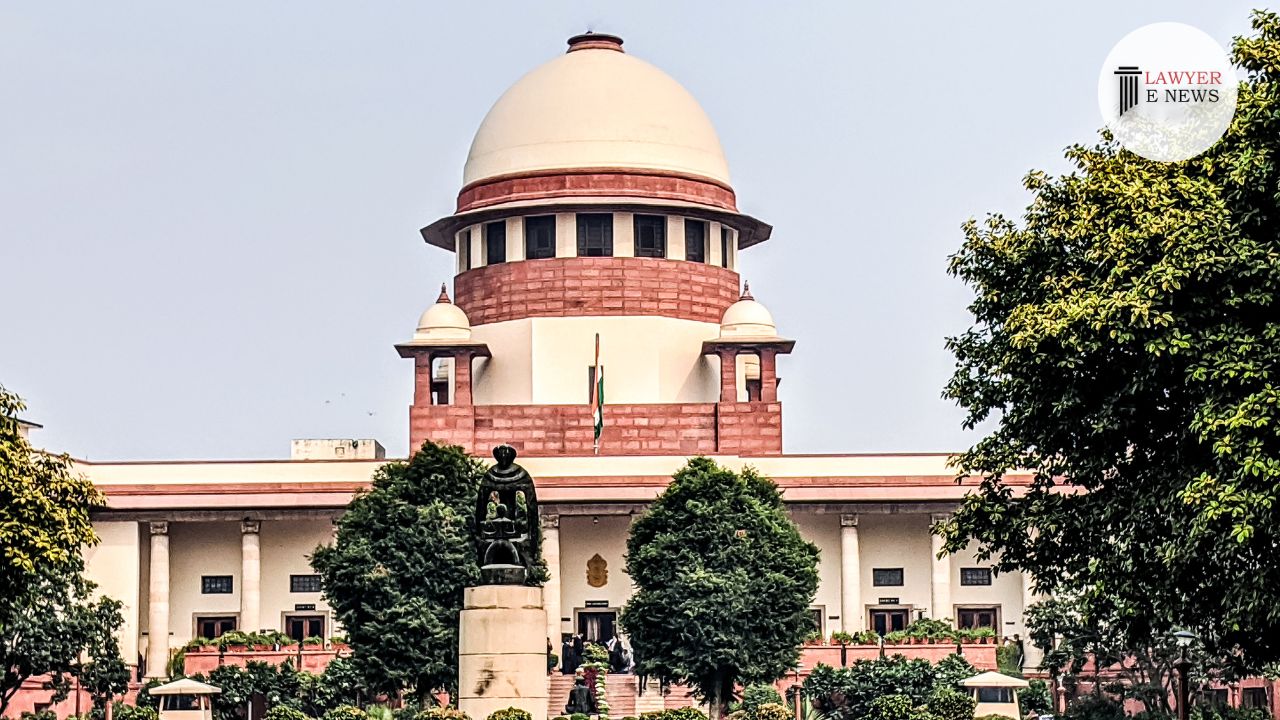-
by Admin
15 February 2026 5:01 PM



The Supreme Court of India, in a recent ruling, underscored the principle of natural justice and the requirement for holding a proper disciplinary enquiry before terminating an employee, particularly in cases involving government or public sector entities. This judgement is particularly significant as it highlights the sanctity of procedural integrity in employment-related disputes.
The case revolved around Mr. Sandeep Kumar, who was terminated from his position as the Registrar of the GB Pant Institute of Engineering and Technology. His termination was contested on grounds of procedural irregularities, lack of disciplinary enquiry, and non-disclosure of crucial documents that allegedly demonstrated the legitimacy of his appointment. The appeal was directed against two judgements of the Uttarakhand High Court which had dismissed Kumar’s writ petition and subsequent review petition challenging his termination.
Suppression of Material Facts: The High Court had dismissed the writ petition on the basis of non-disclosure of the minutes from a crucial meeting which supported Kumar’s case, labeling it as suppression of material facts. The Supreme Court criticized this view, noting, “Non-placing of relevant documents on record, inadvertently, should not be a ground for dismissal when the minutes actually support the appellant’s case.”
Probation and Regularization: The appellant had been appointed on probation and had continued working beyond the probation period, which, according to his appointment letter, deemed his services to be regularized. The Court observed, “Termination without disciplinary enquiry or cause shown is deemed improper.”
Qualifications and Approval by the Board: Allegations concerning the appellant’s qualifications were addressed by a prior committee that confirmed the qualifications were genuine and satisfactory, contrary to the claims that led to his termination.
Decision: The Supreme Court ordered the reinstatement of Mr. Sandeep Kumar with all consequential benefits, stating that his termination was illegal and set aside both the impugned judgements of the High Court. Furthermore, the Court allowed the institute the liberty to initiate disciplinary proceedings, if deemed necessary, under proper legal norms.
Date of Decision: April 16, 2024.
Sandeep Kumar vs. GB Pant Institute of Engineering and Technology & Ors.
